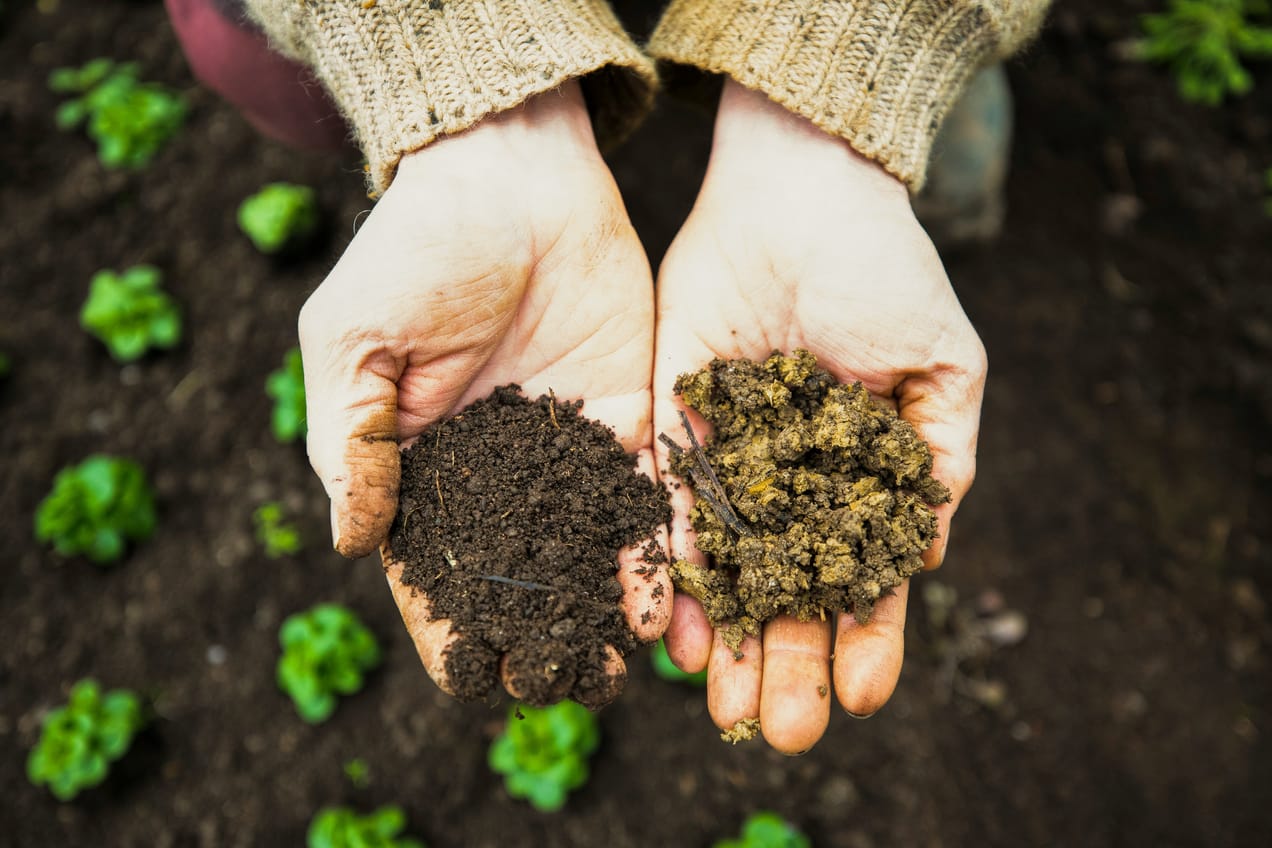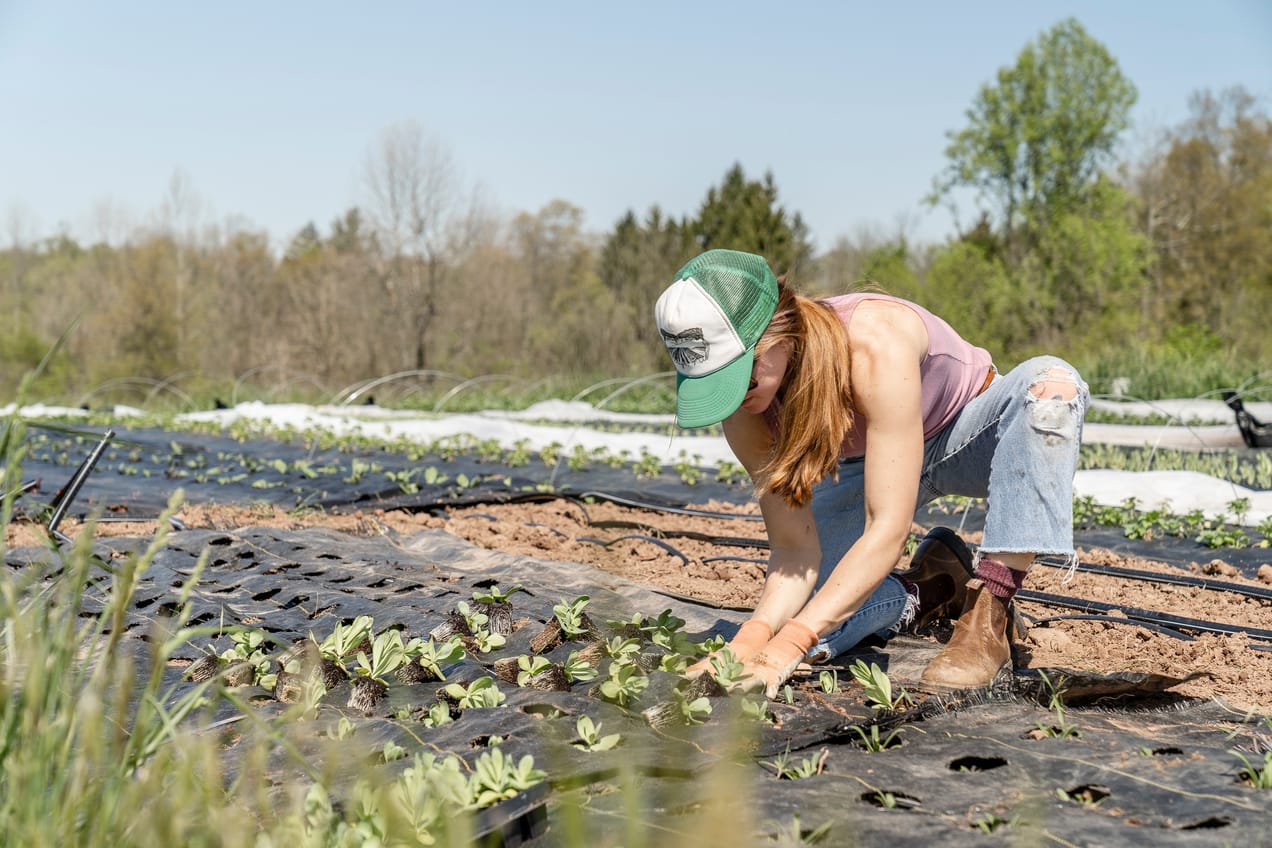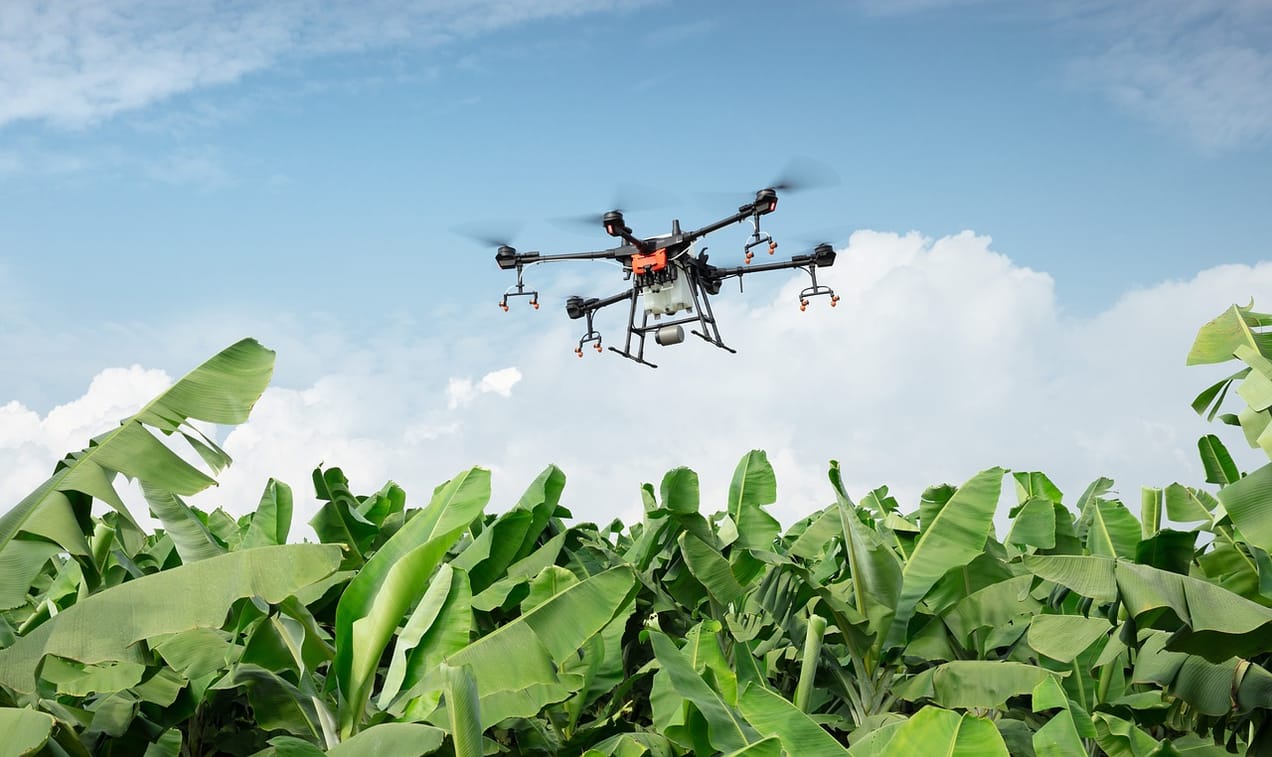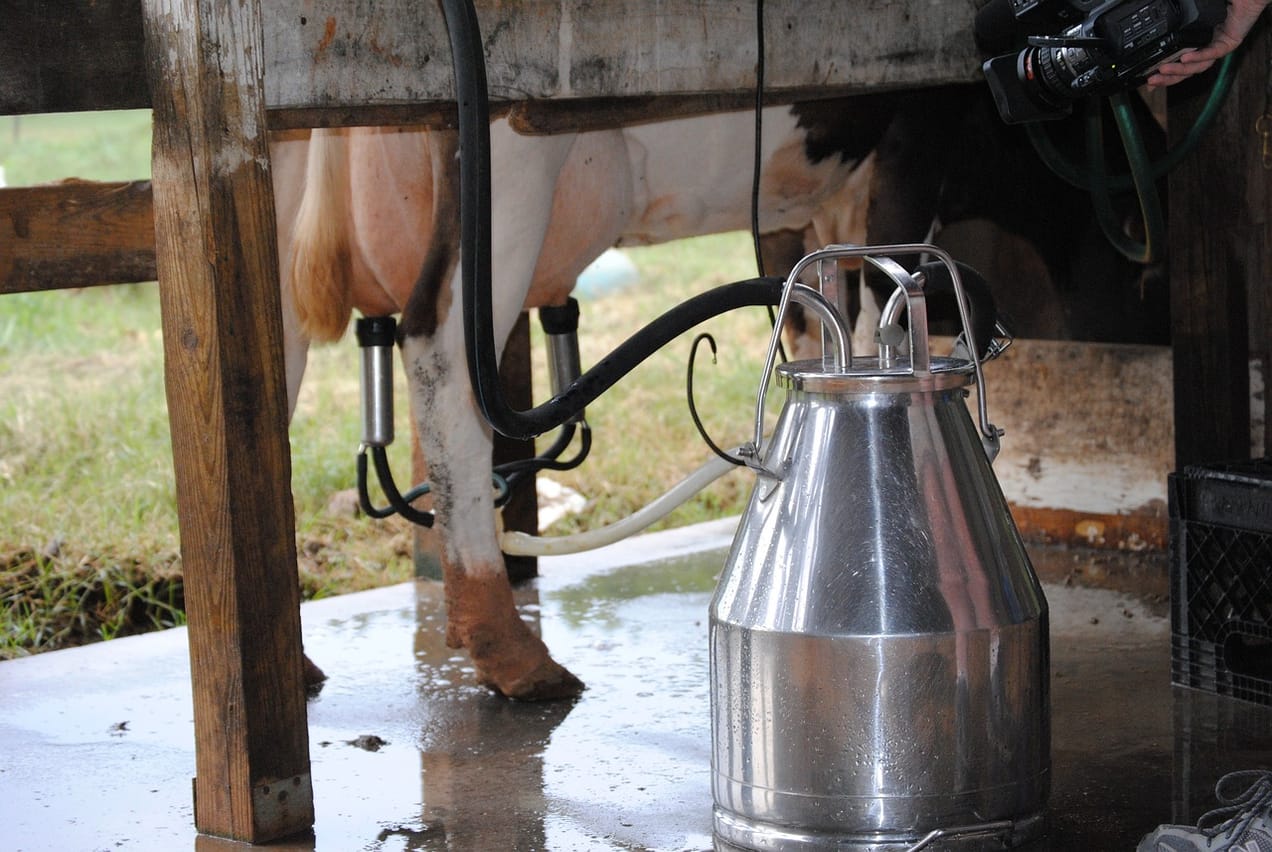Agriculture/natural capital
What we grow, where and how we grow it, and what we eat. Plus how we can protect and enhance our natural environment including biodiversity.
Supply chains - will the European regulation work?
It's well known that Europe is active in introducing regulation to ensure that products being sold in the region meet minimum human rights and environmental standards. Many companies are already preparing for the new rules and by and large the new rules are well supported by the general
Radical food system overhaul could deliver US$10 trillion per year in benefits
A report from the Food System Economics Commission (FSEC) argues that the current set up of food systems globally (i.e. what food we grow, how we grow it and how we distribute it to people) has a cost far bigger than their contribution to global prosperity and is on
Do soil carbon-sucking projects deserve the credit they get?
A story over the holiday period that caught our eye in New Zealand publication Stuff was one discussing carbon dioxide (carbon) storage in soil. The article highlighted Australian agricultural start up Loam Bio that produces a fungal and bacterial seed coating which boosts plants' ability to absorb carbon into
We need to invest a lot more in agriculture
25 leading philanthropies recently issued a joint report, calling for a tenfold increase in funding for regenerative and agroecological transitions to address urgent global agricultural and environmental challenges. They urge that to align food systems with the 1.5ºC goal of the Paris Agreement there is a need to phase
Electrification of agriculture
More than 130 countries signed a declaration at COP28 to accelerate action on transforming food systems to be more sustainable and tackle their impact on climate change. The Emirates Declaration on Sustainable Agriculture, Resilient Food Systems and Climate Action will require nations to include food emissions in their Nationally Determined
Politicians change their minds
If we are to make regulatory changes permanent, a greater focus is needed on the costs of sustainability related regulation. Yes, we understand the longer term benefits, but every change will create financial losers, and we need to get better at funding the transition periods.
New milk fridges could help farmers cut carbon and costs
Dairy farmers need to chill their milk to below 6oC within hours of carrying out milking. As we highlighted in a recent blog, there are some sustainability issues with fridges, freezers and chillers. Link to blog 👇🏾 Cooling food - regular, salty and constant volume.Modern fridges and freezers do a
Nature-related risks: almost certainly one for the board
We have known for a while that in many countries climate related risks should be considered by company directors. Now, in an Australian legal opinion commissioned by global climate/nature investment and advisory firm Pollination, in collaboration with the Commonwealth Climate and Law Initiative (CCLI) directors also have a similar
Rice: a perfect challenge for blended finance
The challenges we face in making rice more sustainable are a microcosm of the wider issues Sustainability Professionals face in agriculture. And the answer is probably blended finance.
Cooperatives and appellations: addressing the gap between the cost of coffee and farmer income.
The gap between coffee price and farmer income needs bridging. Can Co-operatives and appellations help.
Sustainable food: ingredient diversification and reformulation really helps
"Diversity may be the hardest thing for a society to live with, and perhaps the most dangerous thing for society to be without". William Sloane Coffin Jnr The food industry has the potential to make a massive difference in terms of making our agricultural system more sustainable. And
Should Agtech companies be worried about farmers right to repair?
The debate around the "right to repair" for farm machinery has been rumbling on for some time. This week we consider what it might mean for the companies that produce the specialist agricultural equipment.











